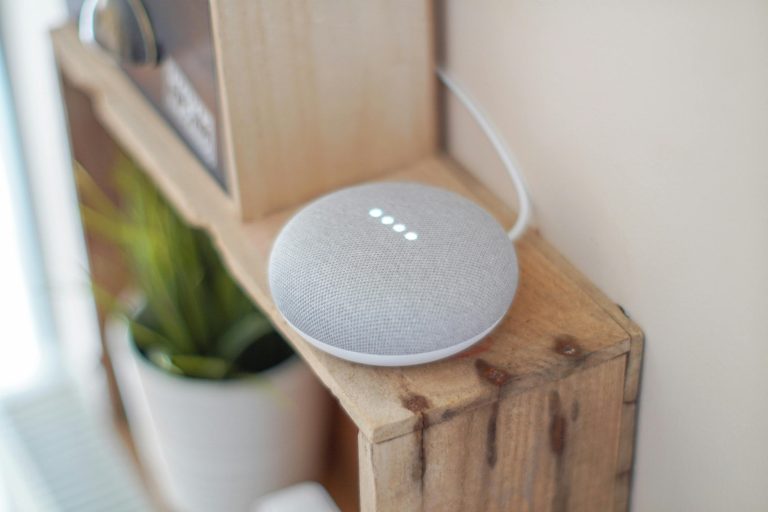The integration of artificial intelligence (AI) into healthcare stands as one of the most transformative developments in recent years. From streamlining administrative tasks to facilitating early diagnosis through predictive analytics, AI is reshaping the healthcare landscape in remarkable ways. This article explores the multifaceted role of AI in boosting healthcare and diagnostics, highlighting its benefits, applications, and future potential.
Understanding AI in Healthcare
AI refers to the simulation of human intelligence in machines programmed to think and learn like humans. In healthcare, AI employs algorithms and software to analyze complex medical data. The use of AI technologies aims to enhance patient outcomes, improve efficiency, and reduce costs. Key areas where AI is making an impact include:
- Medical imaging analysis
- Predictive analytics for disease prevention
- Streamlining administrative processes
- Personalized medicine
- Telemedicine and virtual care
AI Applications in Diagnostics
Diagnostics is one of the most promising fields for AI applications. Here are several ways AI is currently being utilized:
1. Medical Imaging
AI algorithms are adept at assessing medical images such as X-rays, MRIs, and CT scans. These systems can detect anomalies with a precision that often surpasses human capabilities. For instance:
- AI tools can identify early-stage cancers.
- They can assist radiologists by flagging potential areas of concern.
- AI in imaging reduces diagnostic errors and enhances the speed of analysis.
2. Predictive Analytics
Predictive analytics utilizes historical data to forecast outcomes. AI can analyze patient records to identify risk factors and predict disease outbreaks. For example:
- Machine learning models can forecast the likelihood of developing chronic conditions.
- AI can refine patient stratification, optimizing preventive interventions.
3. Natural Language Processing (NLP)
NLP technologies help in processing and analyzing unstructured medical texts, such as patient histories and clinical notes. The benefits include:
- Automating data entry for healthcare providers.
- Extracting pertinent information to streamline patient care.
The Impact of AI on Patient Care
AI not only streamlines processes but also enhances patient engagement and outcomes. Here are several ways AI enhances patient care:
- Personalized Treatment: AI can analyze genetic information and medical history to recommend individualized treatment plans.
- Remote Monitoring: Wearable devices equipped with AI track patient health and alert healthcare providers to irregularities in real-time.
Challenges and Ethical Considerations
While the benefits of AI in healthcare are substantial, several challenges and ethical concerns must be addressed:
- Data Privacy: Ensuring patient data security and confidentiality is paramount.
- Bias in Algorithms: AI systems can inadvertently perpetuate biases present in training data.
- Regulatory Issues: Standardizing AI tools in healthcare remains a complex challenge.
The Future of AI in Healthcare
The future of AI in healthcare looks promising, with continuous advancements expected in technology and applications. As AI capabilities evolve, healthcare providers can anticipate:
- Greater integration of AI in clinical workflows to enhance decision-making.
- The development of ethical frameworks to govern AI use.
- Improvements in accessibility and affordability of healthcare services.
Conclusion
AI is undoubtedly a game-changer in healthcare and diagnostics, holding the potential to enhance patient outcomes, streamline processes, and reduce costs. As we move forward, embracing AI technology while addressing ethical dilemmas will be crucial in ensuring it serves the best interests of patients and healthcare providers alike. To learn more about AI’s transformative role in healthcare, explore articles from Healthcare IT News and Nature.












